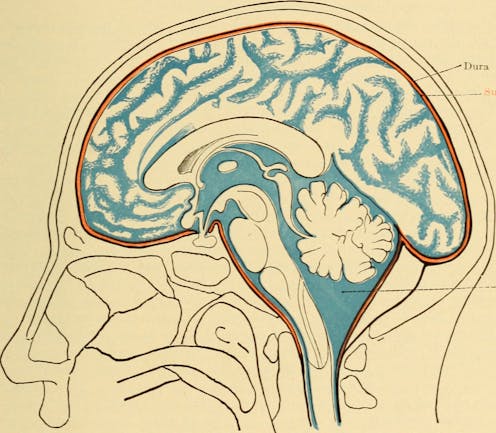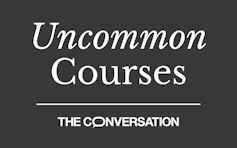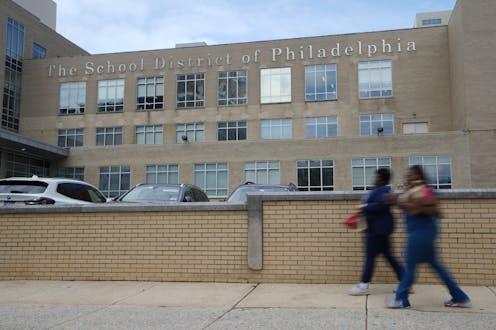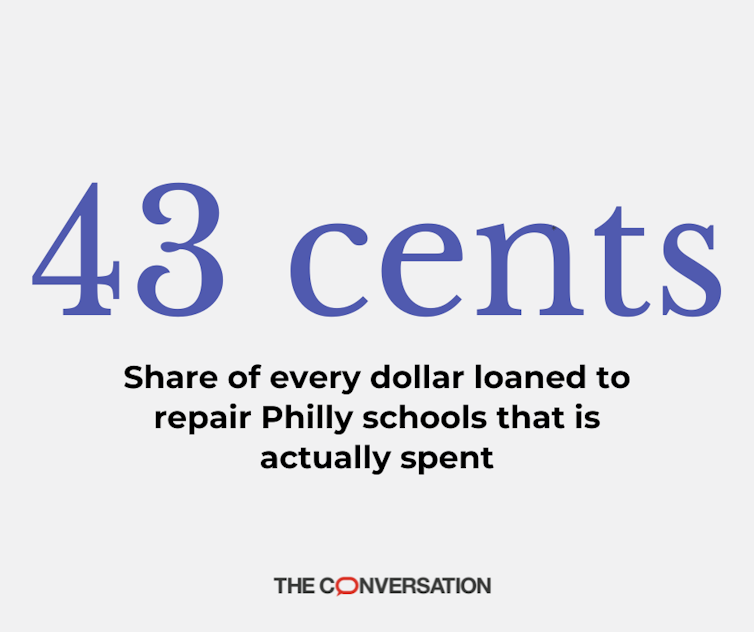Americans love free speech, survey finds − until they realize everyone else has it, too
- Written by John G. Geer, Senior Advisor to the Chancellor, Head of Vanderbilt's Project on Unity and American Democracy, and Co-Director of Vanderbilt Poll, Vanderbilt University
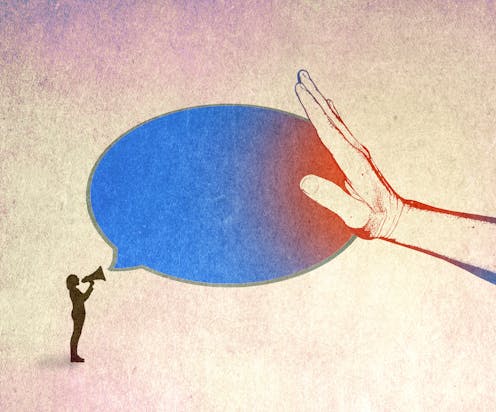 Should there be limits on free speech?Westend61/Westend61 via Getty Images
Should there be limits on free speech?Westend61/Westend61 via Getty ImagesAmericans’ views on free speech change directions every so often. One of those times was during the protests at U.S. universities about the Israel-Hamas war. As scholars of free speech and public opinion, we set out to find out what happened and why.
The Supreme Court...
Read more: Americans love free speech, survey finds − until they realize everyone else has it, too


